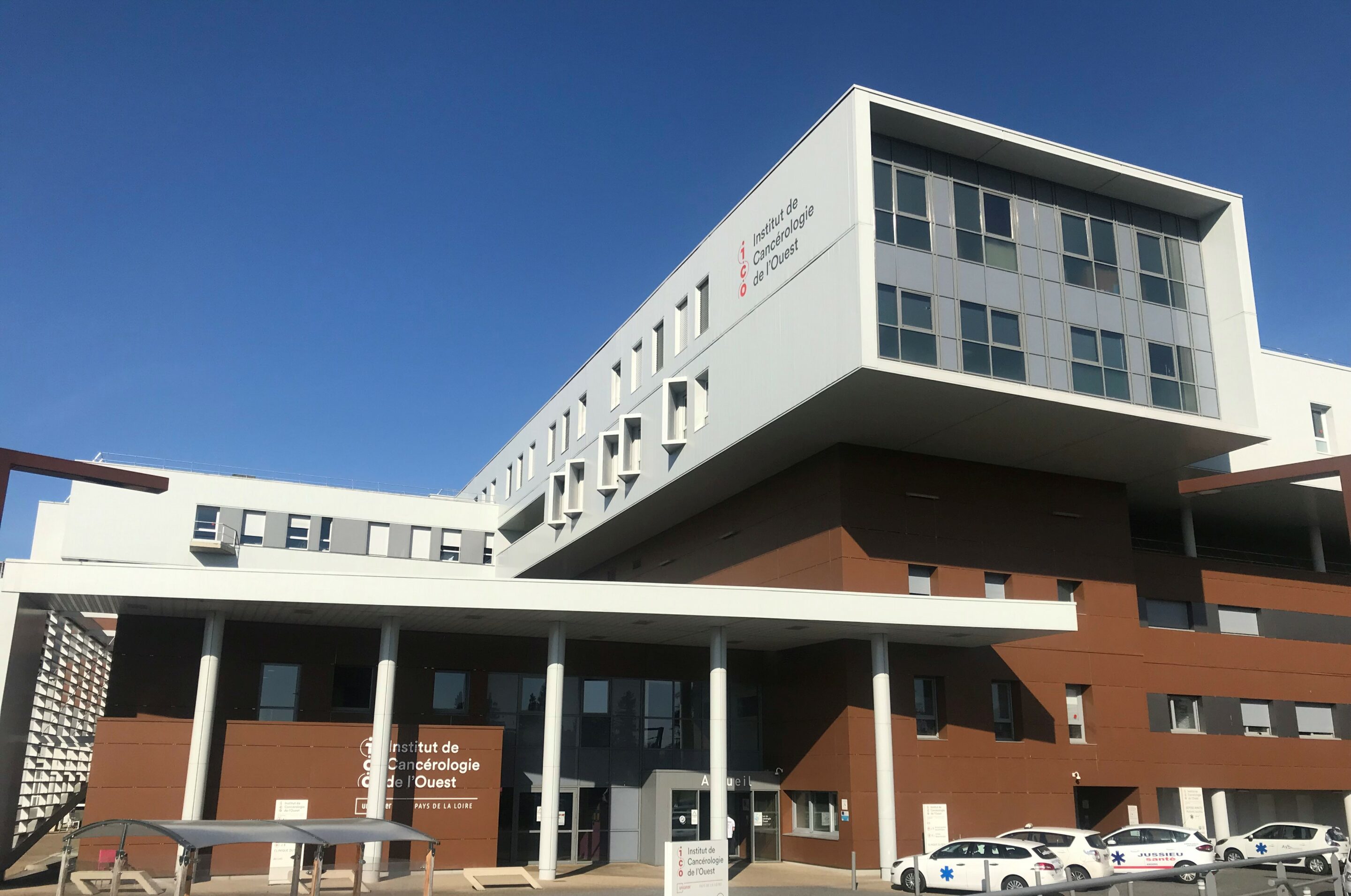“Digital heath must be an integral part of the prevention-care-research continuum.” Morgane Ménard, Innovation Manager at the ICO (Institut de Cancérologie de l’Ouest), is convinced of this. She shares this conviction with the other partners in the “Onco Atlantique” consortium, winner of the second wave of “Third-Party Experimentation in Digital Health” projects.
“The desire to apply stems from our desire to structure digital within our services and to show care staff how to integrate it into their daily work and contribute to the development of new digital solutions,” continues the Innovation Manager.
The “Digital Health” strategy, with a total budget of 718 million euros, is intended to address the lack of testing grounds for the sector. With this in mind, the French government will select a total of 30 third party projects between 2022 and 2024. For the time being, “Onco Atlantique” is the only one dedicated to oncology.
“This is not a single-center, single-region project,” says Morgane Menard. Two regions are involved (Pays de la Loire and Nouvelle-Aquitaine), two cancer centers (Institut de Cancérologie de l’Ouest (ICO) and Institut Bergonié) and one public hospital (Centre Hospitalier Intercommunal Mont de Marsan – Pays des Sources), but also patient associations, representatives of general practitioners, medical-social players such as EHPAD (Etablissement d’hébergement pour personnes âgées dépendantes), startups, territories, competitiveness clusters, oncology learned societies…
“This new experimentation center will help accelerate the development of innovative digital health solutions, thanks to its 100% oncology expertise.The fight against cancer will be waged not only through therapy, but also through technology. Digital health must be effectively integrated into the hospital environment”, says Morgane Ménard, Innovation Manager at the ICO (Institut de Cancérologie de l’Ouest).
Two initial projects, financed by the Banque des territoires, are due to start in May 2024, and will run for around a year.
SEMEIA, with its Oncowise solution, offers tools to predict toxicity and/or non-adherence to treatment, thanks to AI, in prostate cancer. Oncowise captures the occurrence of side-effects based on biological results and elements of the patient’s care pathway (data from different towns are aggregated on a single common base). This telemonitoring system enables patients to be monitored remotely to prevent the disease from worsening.
RDS has developed another remote monitoring solution, Multisense, this time to secure hospital discharges for patients presenting a minor or intermediate geriatric risk.A patch affixed to the back of their necks measures six constants continuously, for a minimum of five days (heart rate, skin temperature, oxygen saturation, respiratory rate, posture and activity).It could replace carts and accompany patients at home or in hospital, with fewer complications. The device would also optimize bed management in hospitals. The solution will be tested on patients over 70 who have undergone peritoneal cytoreduction
surgery, in the three partner establishments.
Other projects will follow in 2025. Ultimately, the “Onco Atlantique” consortium hopes to achieve financial autonomy, by surrounding itself with private players and offering its services to startups, for example.
The ICO is part of the Unicancer family of 18 cancer centers. Specializing in solid cancers, the Institute treats all aspects of the disease, with a multidisciplinary approach (oncologists, radiologists, surgeons, radiotherapists, physiotherapists, coaches, oncocardiologists, oncogeneticists, etc.). 222 practitioners are spread over two sites (Angers and Saint-Herblain). 49,000 patients are treated each year.



